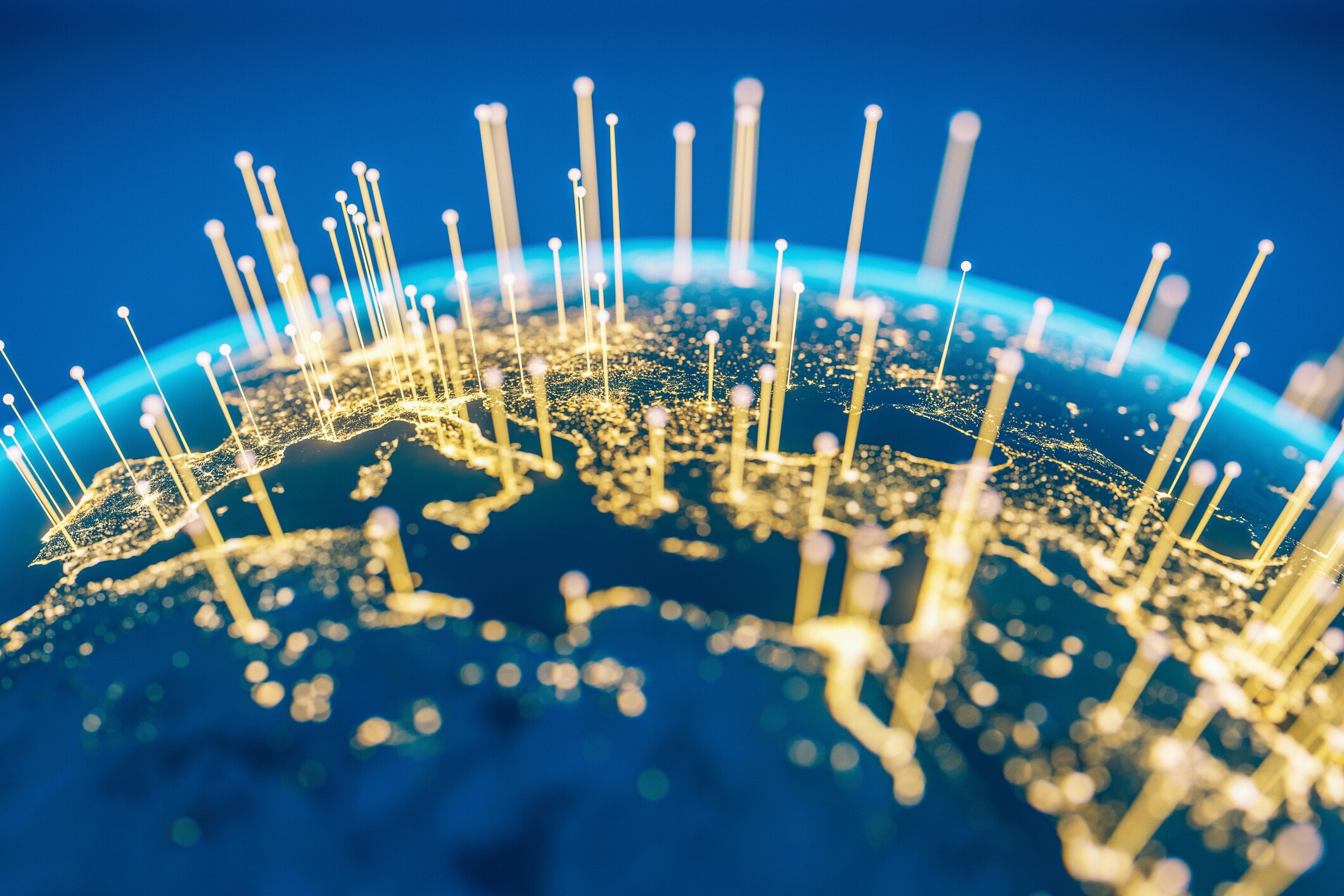Davos 2024: Welcome Remarks by Klaus Schwab, Founder and Executive Chairman

'We must rebuild trust – trust in our future, trust in our capacity to overcome challenges, and trust in each other,' says Klaus Schwab, Founder and Executive Chairman, World Economic Forum.
Image: World Economic Forum
Stay up to date:
Geopolitics
Watch the session here.
Today, we stand at a unique juncture in human history, facing challenges that are as diverse as they are profound.
The special role of the World Economic Forum is not to look at just one single issue, instead, it is the place at the beginning of each year to analyse the state of the world in a systemic and strategic way, and to find common ground to generate positive impact.
Geopolitically, our world is more interconnected, yet paradoxically, more divided than ever. Economically, we grapple with sluggish growth, and with inequalities and uncertainties that threaten the very fabric of our societies. Environmentally, we confront the relentless challenges of climate change, a threat to our planet's delicate balance. And technologically, we navigate uncharted waters, where innovation offers boundless opportunities but also unprecedented risks.
These deeply transformative challenges which are the cornerstone of our programme lead to uncertainty, generalized fear and pessimism. They force us into a mode of short-term crisis management – to the detriment of long-term strategic and sustainable solutions. This reactionary approach undermines our collective faith in the future and erodes the trust we place in our ability to shape a better world.
To break this cycle, we need a paradigm shift. We must rebuild trust – trust in our future, trust in our capacity to overcome challenges, and most importantly, trust in each other. Trust is not just a feeling; trust is a commitment to action, to belief, to hope.
To achieve this, we must rediscover and embrace the narrative that has driven humanity since its inception: acting as trustees for a better future.
This narrative isn't about short-term gains or individual successes; it's about stewardship, about preserving and enhancing our world for current and future generations. It is about understanding that our actions today have far-reaching consequences tomorrow.
This concept of trusteeship compels us to think beyond borders and beyond our lifetimes. It encourages collaboration over competition, sustainability over expediency, and empathy over apathy. As trustees of the future, we are responsible for advancing a world that is richer in possibilities, more equitable in opportunities, and more secure in its foundations.
Moreover, we, as leaders in government, business, and society, bear a particular responsibility to rebuild trust in how we assume our role as trustees.
The Annual Meeting of the World Economic Forum is not a collective decision-making body, but its impact stems from the new insights gained through dialogue and interaction, and more importantly, from the commitments made by each participant to contribute more significantly in their respective areas of responsibility to solving our most pressing global issues.
As many of us here are in a privileged situation, we should not forget those who are suffering – from war, poverty, injustice, poor health, and more. This awareness will only enhance our collective efforts in creating a more inclusive and compassionate world through the work we do.
The cornerstone of our programme is our more than 100 initiatives. These are embedded into workgroups bringing together governments, business, civil society, and the best experts throughout the year at our headquarters in Geneva, and throughout the world, to make tangible progress in finding solutions for the key challenges on the global agenda.
For this Annual Meeting, while the vibrant atmosphere surrounding our gathering is a testament to its global significance, it is essential that we focus on our mission: committed to improving the state of the world by engaging into those action-oriented initiatives. The World Economic Forum is not just Davos, it is an engagement through the year.
In conclusion, trust is a fundamental pillar of our social, economic, and political life. It is vital for cooperation, social cohesion, and effective functioning of institutions. To rebuild trust there is a fundamental need to embody trusteeship, which means to care for the greater good. Let’s use this Annual Meeting to rebuild trust by exercising our trusteeship individually and collectively for safeguarding the future of humanity and nature.
Don't miss any update on this topic
Create a free account and access your personalized content collection with our latest publications and analyses.
License and Republishing
World Economic Forum articles may be republished in accordance with the Creative Commons Attribution-NonCommercial-NoDerivatives 4.0 International Public License, and in accordance with our Terms of Use.
The views expressed in this article are those of the author alone and not the World Economic Forum.
Related topics:
Forum Stories newsletter
Bringing you weekly curated insights and analysis on the global issues that matter.
More on Geo-Economics and PoliticsSee all
Kate Whiting
August 5, 2025
Spencer Feingold
July 30, 2025
Matt Watters
July 29, 2025
Valeriya Ionan
July 28, 2025
Michael Wang
July 28, 2025
Mark Esposito
July 24, 2025





